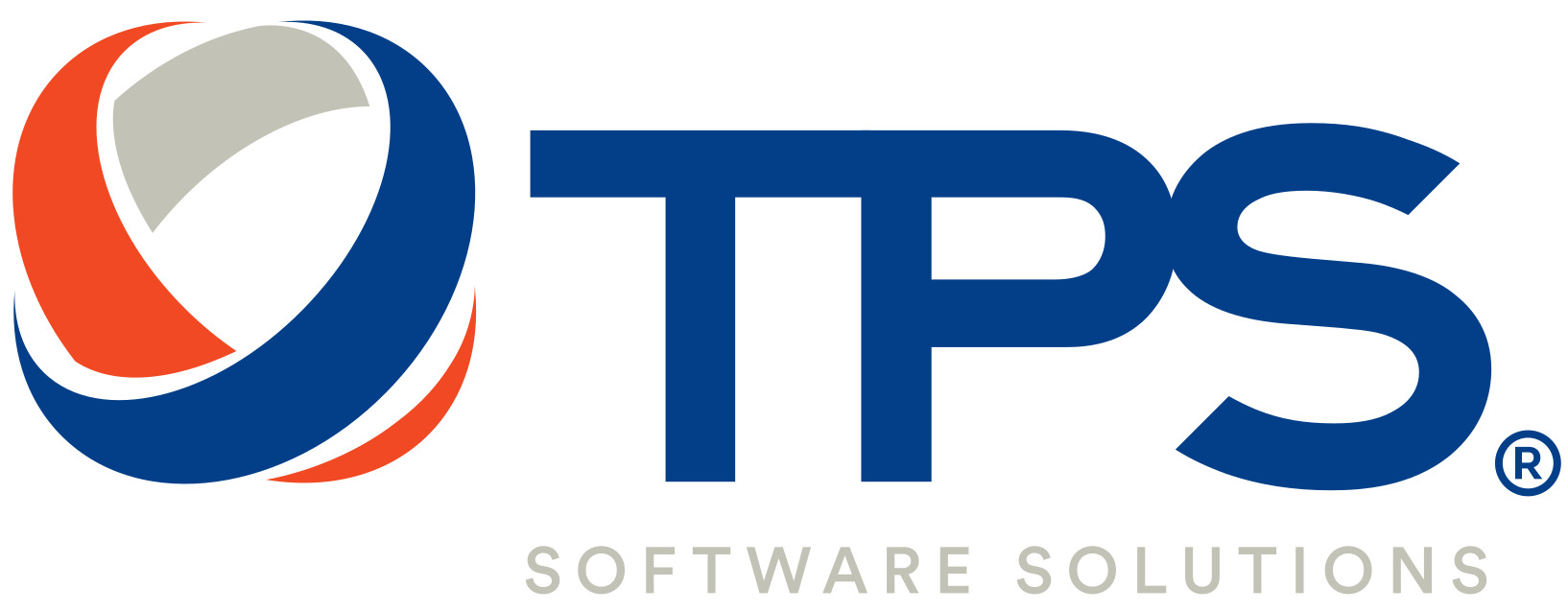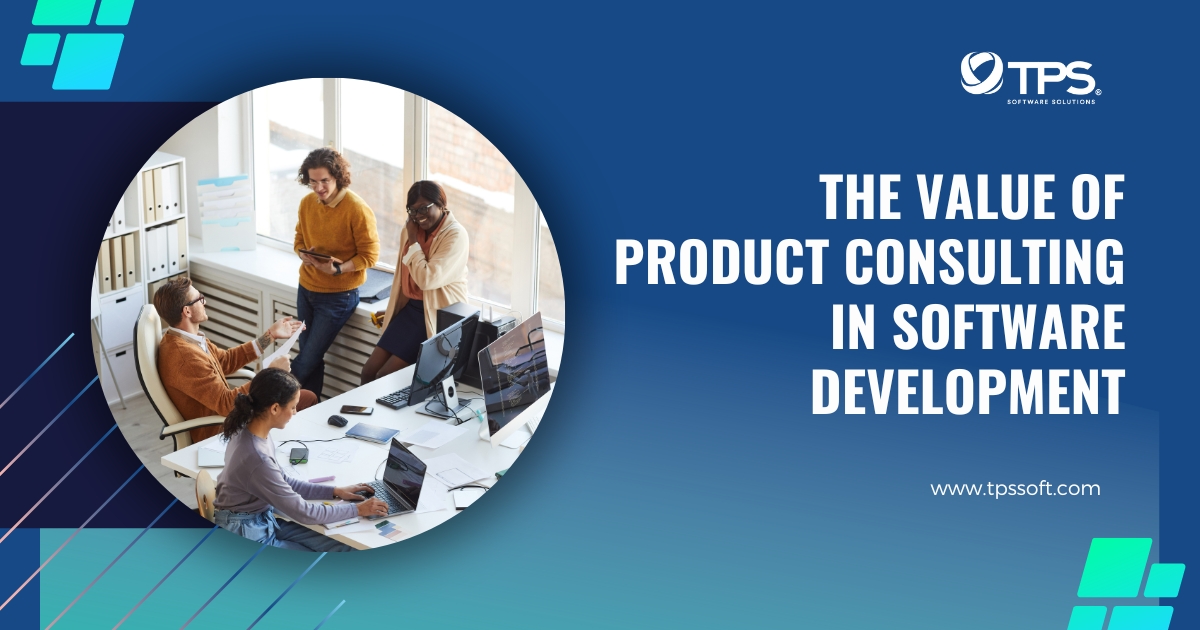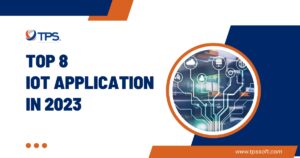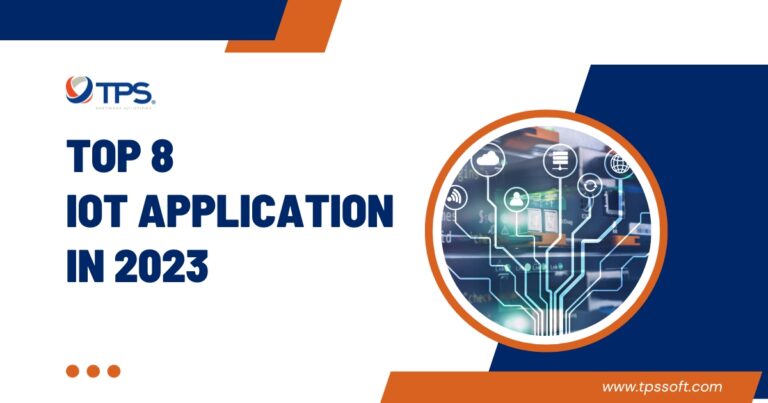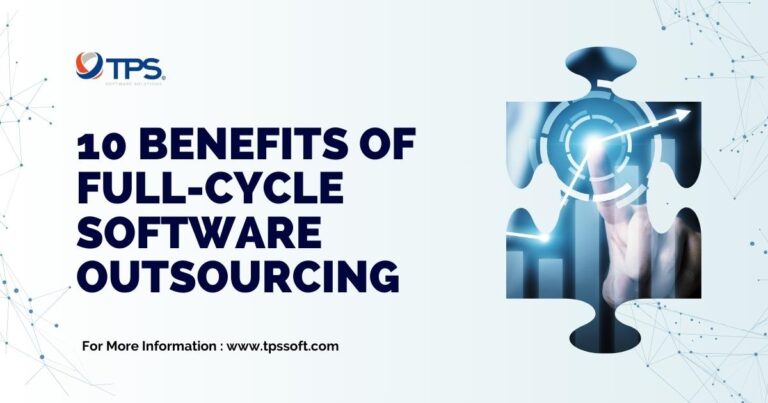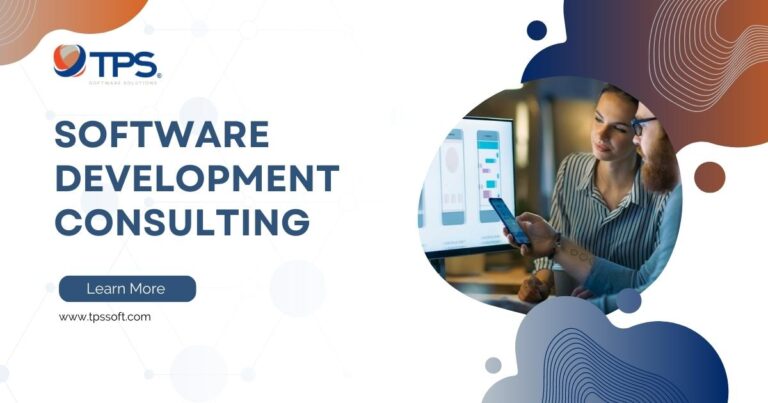Introduction
In the ever-evolving landscape of software development, businesses are increasingly turning to product consulting teams to ensure the success of their projects. Product consulting teams play a crucial role in guiding organizations through the intricacies of software development, leveraging their expertise to optimize processes and deliver exceptional results. This article will delve into product consulting in software development, explore critical members and their roles within a product consulting team, and uncover their valuable services.

What is Product Consulting in Software Development?
Product consulting in software development involves a collaborative approach to guiding businesses through the entire product development lifecycle. It encompasses strategic planning, requirements analysis, user experience design, project management, quality assurance, and ongoing support. Product consultants bring domain knowledge, industry experience, and technical expertise to align the software development process with business objectives and user needs.
Members of a Product Consulting Team and Their Roles
Product Manager/Consultant
The product manager or consultant is the driving force behind the product consulting team. They possess a holistic understanding of the market, business goals, and user requirements. Their primary responsibilities include:
- Defining the product vision.
- Conducting market research.
- Gathering stakeholder input.
- Prioritizing features.
- Ensuring the product’s alignment with business objectives.
Business Analyst
Business analysts play a vital role in understanding and documenting business requirements and translating them into functional specifications. They collaborate with stakeholders to identify pain points, conduct user interviews, and define use cases. By analyzing the gathered information, business analysts help shape the software product to meet the business’s and its end-users needs.
User Experience (UX) Designer
UX designers focus on creating intuitive and engaging user experiences within the software. They employ wireframing, prototyping, and usability testing techniques to ensure the product is user-friendly and visually appealing. UX designers work closely with stakeholders to understand user personas, user journeys, and interface design, thereby enhancing the overall usability and satisfaction of the software.
Project Manager
Project managers within a product consulting team oversee the successful execution of software development projects. They plan and allocate resources, set project timelines, coordinate team members, and manage risks and dependencies. Project managers leverage their expertise in agile methodologies to ensure effective communication, collaboration, and timely delivery of high-quality software.
What Does a Product Consulting Team Do?
Strategic Planning
Product consulting teams assist businesses in defining the product vision, objectives, and roadmap. They conduct market research, competitive analysis, and feasibility studies to identify opportunities and align the software product with market demands. Through strategic planning, product consultants help optimize resource allocation, prioritize features, and establish a clear direction for the development process.
Requirements Analysis
Product consultants work closely with stakeholders to gather, document, and analyze business requirements. They facilitate workshops, conduct user interviews, and employ techniques such as user story mapping to capture the desired functionalities and features. This comprehensive requirements analysis ensures that the software development team clearly understands what needs to be built, minimizing rework and enhancing project efficiency.
User-Centric Design
The product consulting team integrates user-centric design principles into the software development process. They conduct user research, create user personas, and design user interfaces that align with the target audience’s needs and preferences. By prioritizing user experience, the team enhances user satisfaction, engagement, and adoption of the software product.
Project Management
Product consulting teams excel in project management, ensuring smooth execution and delivery of software projects. They facilitate effective communication between stakeholders and development teams, monitor progress, manage risks, and adapt to changing requirements. By implementing agile methodologies, product consulting teams promote flexibility, transparency, and continuous improvement throughout development.
Quality Assurance and Ongoing Support
Product consultants dedicatedly work to deliver high-quality software products. They define comprehensive testing strategies, conduct rigorous testing, and ensure the software meets performance, security, and usability standards. Furthermore, the team provides:
- Ongoing support.
- Addressing user feedback.
- Identifying areas for improvement.
- Guiding post-launch updates and enhancements.
The potential challenges & how they can overcome
1. Lack of Clear Communication
Effective communication is crucial for the success of any consulting engagement. Challenges may arise due to misalignment of expectations, misunderstandings, or incomplete information. To overcome this, product consulting teams should establish open lines of communication with stakeholders and maintain regular and transparent communication channels. They should actively listen to clients’ needs, clarify requirements, and provide regular updates on project progress. Clear and frequent communication helps mitigate misunderstandings and ensures everyone is on the same page.
2. Managing Changing Requirements
Software development projects often experience changing requirements, posing challenges for product consulting teams. The team should embrace agile methodologies for flexibility and iterative development to address this. They should encourage client collaboration throughout the process, conduct regular reviews and feedback sessions, and prioritize features based on business value. By adopting an iterative approach, the team can adapt to evolving requirements and deliver a product that meets the client’s changing needs.
3. Balancing Stakeholder Priorities
Different stakeholders may have conflicting priorities, leading to challenges in decision-making and project direction. Product consulting teams must facilitate effective stakeholder management. They should conduct a stakeholder analysis to understand their motivations, concerns, and priorities. The unit can mitigate conflicts and ensure alignment toward project goals by actively involving stakeholders in decision-making, seeking consensus, and providing data-driven insights.
4. Resistance to Change
Introducing new processes or approaches may face opposition from stakeholders accustomed to existing methods. To overcome resistance to change, product consulting teams should focus on building trust and demonstrating the value of their recommendations. They can showcase success stories, provide evidence-based insights, and conduct workshops or training sessions to help stakeholders understand the benefits of the proposed changes. The team can encourage adoption and overcome resistance by involving stakeholders early on, addressing their concerns, and showcasing positive outcomes.
5. Managing Scope Creep
Scope creep refers to the uncontrolled expansion of project scope, leading to delays and budget overruns. Product consulting teams should establish clear scope boundaries and define a change management process. They should ensure that requirements are thoroughly documented and agreed upon and any changes are evaluated for their impact on project timelines and resources. By effectively managing scope creep, the team can maintain project focus, mitigate risks, and deliver within the agreed-upon constraints.
6. Dealing with Uncertainty
Software development often involves uncertainties and unknowns. Product consulting teams should embrace an agile mindset that allows for flexibility and adaptability. They should conduct thorough research, use prototyping and iterative development to validate assumptions and employ risk management techniques. The team can address uncertainties effectively by breaking down the project into smaller, manageable increments and conducting regular evaluations and adjustments.
The benefits of working with a product consulting team
Industry Experience and Best Practices
Product consulting teams bring extensive industry experience and knowledge of best practices to the table. They have worked with diverse clients across various domains, allowing them to understand industry trends, market dynamics, and user preferences. By leveraging their expertise, businesses can tap into valuable insights, gain a competitive edge, and make informed decisions throughout development.
Strategic Guidance and Roadmapping
Product consulting teams excel in strategic planning and road mapping. They assist businesses in defining a clear vision for their software products, aligning them with business objectives, and developing a roadmap to achieve success. With their guidance, organizations can set realistic goals, prioritize features, allocate resources effectively, and chart a course that maximizes the chances of project success.
User-Centric Approach
Product consulting teams prioritize user needs and satisfaction. They conduct user research, create user personas, and design user experiences that align with the target audience. By leveraging their expertise in user-centric design, these teams ensure that the software product is intuitive, user-friendly, and tailored to meet the expectations and preferences of the end users. This focus on user experience increases user adoption and engagement and ultimately drives business growth.
Requirements Analysis and Prioritization
Defining accurate and comprehensive requirements is critical for successful software development. Product consulting teams excel in requirements gathering and analysis. They conduct in-depth stakeholder interviews, user research, and market analysis to effectively capture and prioritize business requirements. By leveraging their expertise in requirements management, these teams minimize the risk of miscommunication, scope creep, and rework, resulting in a streamlined and efficient development process.
Agile Project Management
Product consulting teams embrace agile methodologies, which enable flexibility, collaboration, and iterative development. They facilitate effective communication and coordination among stakeholders, development teams, and other project contributors. These teams ensure transparency, adaptability, and faster time-to-market by implementing agile practices such as Scrum or Kanban. Agile project management allows businesses to respond to changing requirements, make incremental improvements, and deliver high-quality software products in shorter cycles.
Quality Assurance and Ongoing Support
Product consulting teams emphasize software quality and ongoing support. They define robust quality assurance processes, conduct rigorous testing, and promptly address issues or bugs. By ensuring a high-quality end product, these teams enhance user satisfaction, minimize customer support requests, and protect the brand reputation of businesses. Product consulting teams provide ongoing support and guidance, assisting with post-launch updates, feature enhancements, and continuous improvement based on user feedback and market insights.
Conclusion
Embracing the expertise of a product consulting team is essential for businesses seeking success in software development projects. These teams offer comprehensive guidance throughout the development lifecycle, from strategic planning and requirements analysis to user-centric design and project management. By leveraging their collective knowledge and skills, organizations can optimize processes, deliver exceptional software products, and gain a competitive edge in the ever-evolving market. Partnering with a product consulting team can unleash the true potential of your software development initiatives. At TPS Software, our product consulting team with years of experience will ensure seamless product delivery to clients in all industries.
